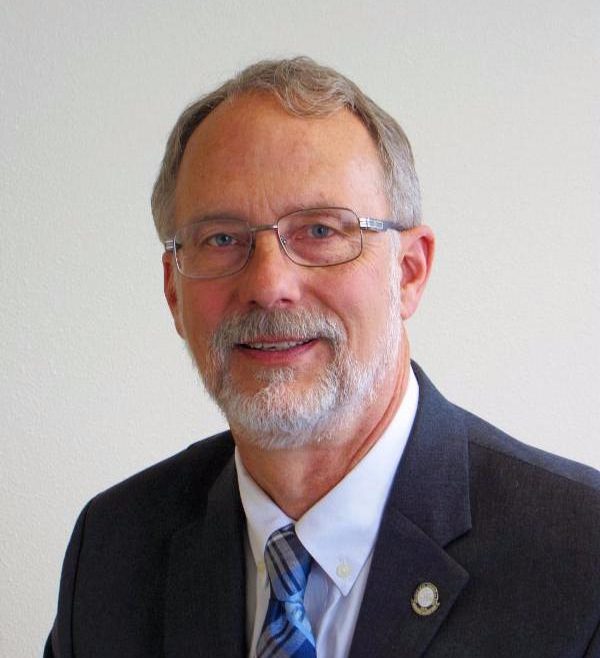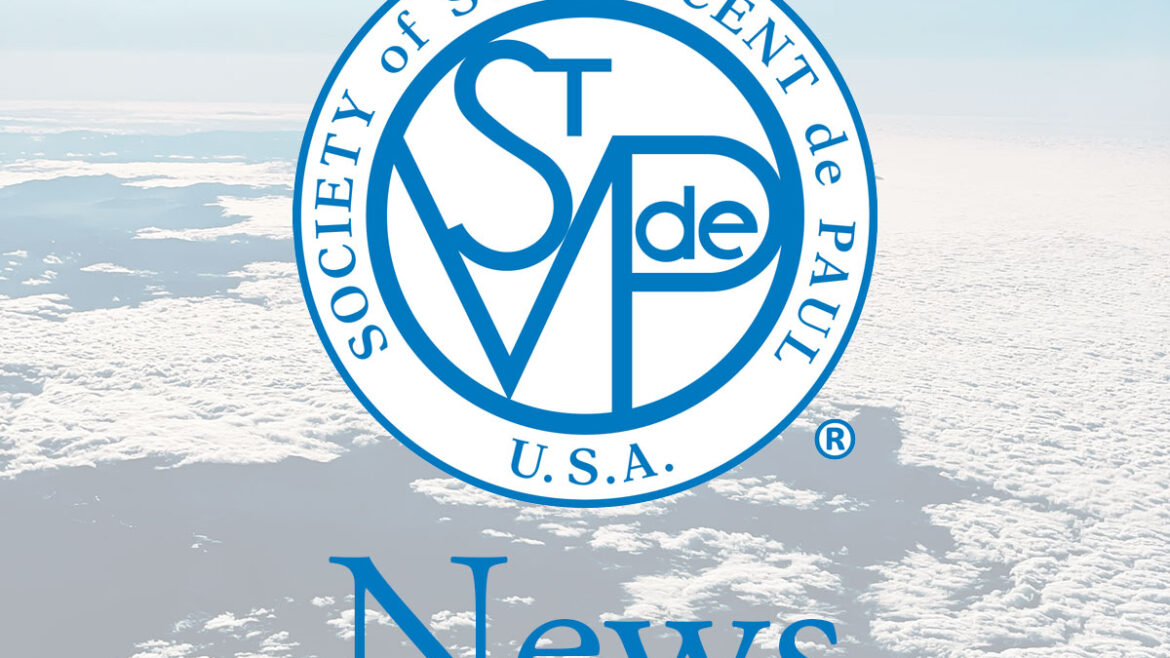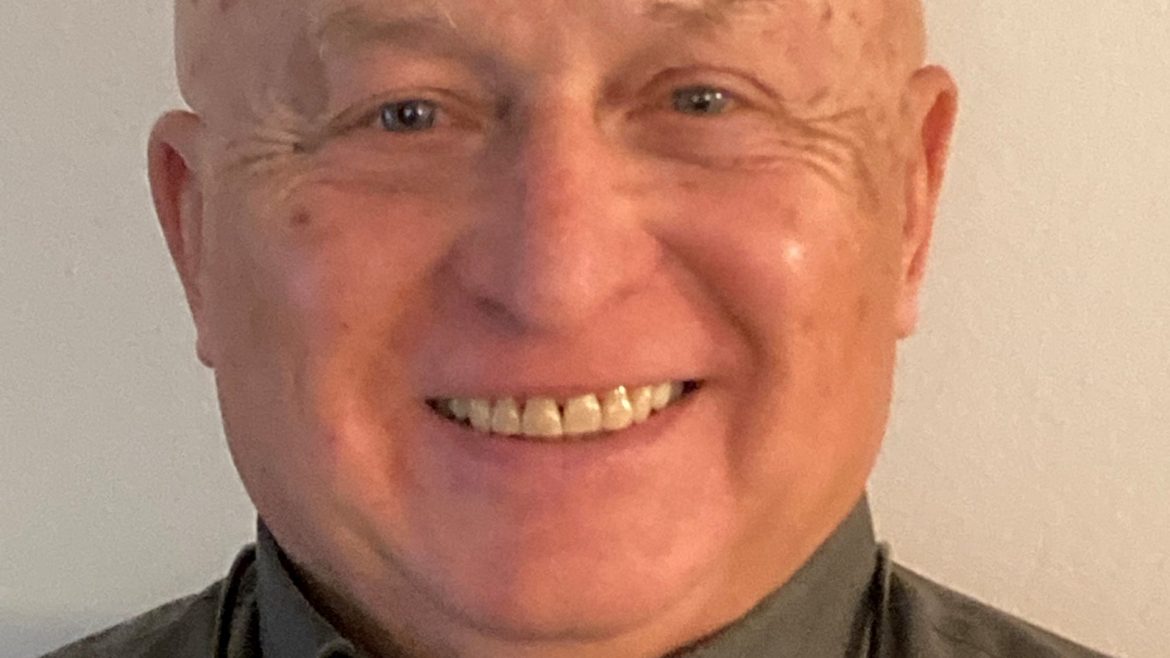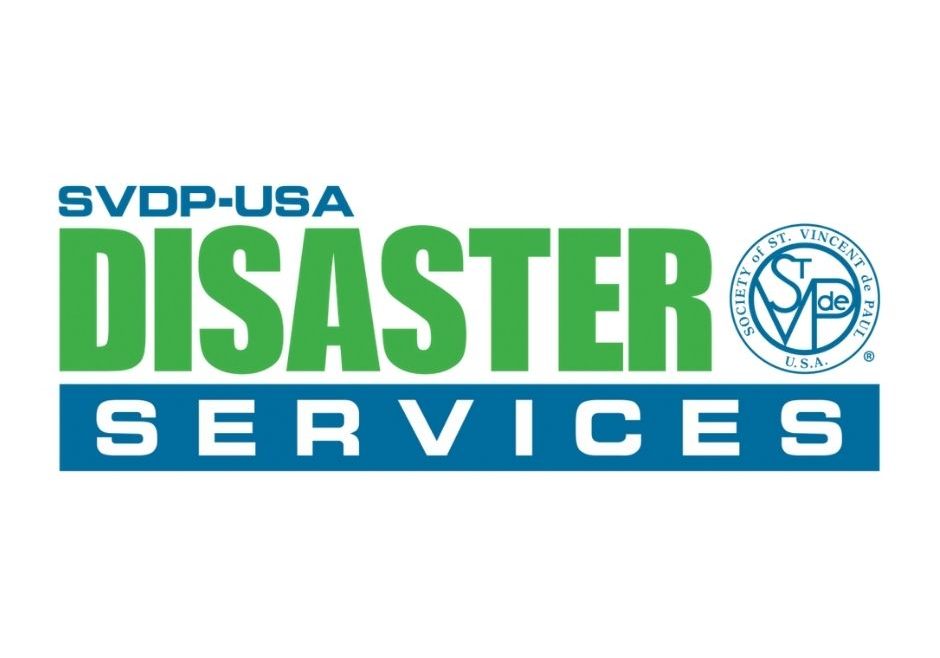Dear Vincentian Friends,
I am guessing many of you are in Conferences and Councils that are trying to decide when and how we can get back to normal. Please don’t expect me or the National Council to have the answer for what you should do. But I do encourage you to have thoughtful conversations that consider the hopes and concerns of Vincentians and those we serve.
I am vaccinated and am starting to travel and socialize, as are most Americans – and that is great! There are, however, some who either cannot be vaccinated or choose not to be. There are still others for whom the vaccinations may not be effective. How does this affect the way we move forward?
There are many policy questions to consider. When do we start in-person Conference and Council meetings? Do we still wear masks and socially distance at these meetings? When can we start in-person Home Visits? Must our home visitors be vaccinated? Do we wear masks in people’s homes, and do we ask those we visit to wear masks? May we ask people if they have been vaccinated? May we require our employees to be vaccinated, and when can they stop wearing masks?
There are very few pandemic-related governmental prohibitions at this point. So the decisions are yours to make, depending on the circumstances in your community and the risk factors that pertain to your members and those you serve. That will still vary greatly across our nation and even within your community.
As you have discussions about these matters, I urge you to check your facts. There are many misconceptions about privacy laws and HIPAA rules. I am not a lawyer, but if you simply do a web search for “can you ask if someone is vaccinated?” or “can I require employees to be vaccinated?” you will be directed to a lot of good information. You will likely find that there are fewer restrictions than you might have expected, but there are some cautions to observe. If you are setting policy for employees, you will probably want to check what you find on the web with your attorney.
Recognizing that information and understanding about the vaccines have varied greatly, dozens of Catholic organizations have formed the Catholic Cares Coalition. The coalition’s aim is to promote the common good and amplify the teachings of Pope Francis and the U.S. Catholic Bishops on accepting vaccination as it becomes available, as well as on promoting equitable vaccine distribution. Our Society’s U.S. Council is not part of this group at this point, but the coalition’s website at www.catholiccares.com provides good information that may be useful to share.
Personal contact is such an important element of who we are as Vincentians. I am eager for our return to being present to one another and to those we serve, but we also want to continue to protect the health of everyone. Just today, I learned that two of my friends on the Board of Directors of our Society’s International Council are in the hospital with serious cases of COVID-19. I am praying for their recovery. This reminds me that the vaccines have not been readily available to much of the world — and that this pandemic is not over.
As you decide what course to take, I suggest that you do not need to make all the changes at once. You can take a few steps and see how it goes. You can revisit the topic a little later and make more operational changes as they seem sensible. Most importantly, be kind and listen. There may be fellow Vincentians who have well-founded fears about unmasking and gathering. They may have vulnerable family members or personal health issues of which you are unaware. So please assume good intentions, and follow our principle of decision-making by consensus. As we carefully move forward, we need to be sure to care for our network of friends.
Serviens in spe,
Ralph Middlecamp
SVdP National President





